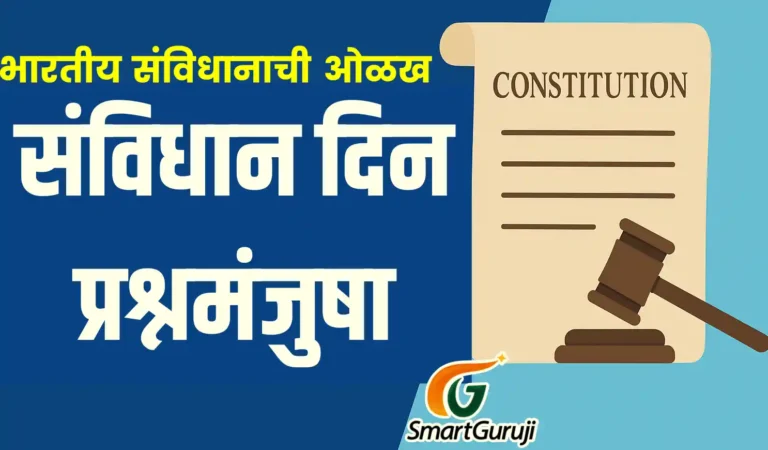Preamble of the Indian Constitution ENGLISH KANNADA MARATHI
Introduction
Indian Constitution is a concise yet profound statement that encapsulates the aspirations, values, and principles on which the nation is founded. Often referred to as the “soul” of the Constitution, the Preamble sets the tone for the entire legal framework of the country. In this blog post, we will delve into the significance and meaning of the Preamble, exploring its key components and the vision it represents.
KANNADA VERSION
“ನಾವು, ನಮ್ಮ ಕಛೇರಿ / ಸಂಸ್ಥೆಯಲ್ಲಿ ಪ್ರತಿಯೊಬ್ಬರು, ಈ ಮೂಲಕ ನಮ್ಮ ಕೆಲಸ ಮತ್ತು ಜೀವನದಲ್ಲಿ ಸಂವಿಧಾನದ ಪೀಠಿಕೆಯನ್ನು ಅತ್ಯಂತ ಪ್ರಾಮಾಣಿಕವಾಗಿ ಪಾಲಿಸುವಲ್ಲಿ ಬದ್ಧರಾಗಿರಲು ಪ್ರತಿಜ್ಞೆ ಮಾಡುತ್ತೇವೆ”
MARATHI VERSION
“आम्ही, आमच्या कार्यालयात/संस्थेत याद्वारे शपथ घेतो की,आम्ही आमच्या कामात आणि जीवनात अत्यंत प्रामाणिकपणे उद्देशिकेचे पालन करू. “
“We, each one of us, in this office/ Institution. hereby pledge that we will abide by the preamble. In our work and life with utmost sincerity”
Historical Context
To truly appreciate the Preamble, it’s essential to understand the historical context in which it was written. After gaining independence from British colonial rule in 1947, India faced the daunting task of crafting a constitution that would guide the nation towards progress, justice, and equality. Dr. B.R. Ambedkar, the chairman of the drafting committee, played a pivotal role in shaping this document.
Key Components of the Preamble
1. **”We, the People of India”**: The Preamble begins with these powerful words, emphasizing that the Constitution derives its authority from the people of India. It highlights the democratic nature of the country, where the ultimate power rests with its citizens.
2. **”Sovereign”**: India is declared as a sovereign nation, meaning it is free from external control or interference. This underlines the nation’s independence and the ability to make decisions without external pressure.
3. **”Socialist”**: The term “socialist” reflects India’s commitment to achieving social and economic equality through policies aimed at reducing wealth disparities and ensuring social justice.
4. **”Secular”**: The inclusion of “secular” in the Preamble signifies that India is a nation that respects and practices religious neutrality. The government does not favor any particular religion, and every citizen is free to practice their faith.
5. **”Democratic”**: India’s commitment to democracy is enshrined in the Preamble. It reinforces the idea that citizens have the right to participate in the decision-making process through free and fair elections.
6. **”Republic”**: India is declared a republic, signifying that the head of state is elected by the people and holds office for a fixed term. It symbolizes the end of monarchy and hereditary rule.
7. **”Justice”**: The Preamble emphasizes the importance of justice in Indian society. It encompasses social, economic, and political justice, reflecting the need to ensure fairness for all citizens.
8. **”Liberty”**: Liberty signifies the freedom of thought, expression, belief, faith, and worship. It underscores the importance of individual freedoms while maintaining the harmony of the nation.
9. **”Equality”**: Equality implies the absence of discrimination and the promotion of equal opportunities for all citizens, regardless of their background.
10. **”Fraternity”**: Fraternity represents a sense of brotherhood and unity among the people of India. It encourages a spirit of togetherness and solidarity.
Conclusion
The Preamble of the Indian Constitution is a visionary document that reflects the ideals and principles upon which the nation was founded. It serves as a guiding light for lawmakers, judiciary, and citizens alike, reminding us of our collective commitment to democracy, justice, and equality. Understanding the significance of the Preamble is essential in appreciating the core values that shape India’s diverse and dynamic society. It is a constant reminder that “We, the People of India,” are collectively responsible for upholding these principles and striving towards a more just and inclusive nation.






